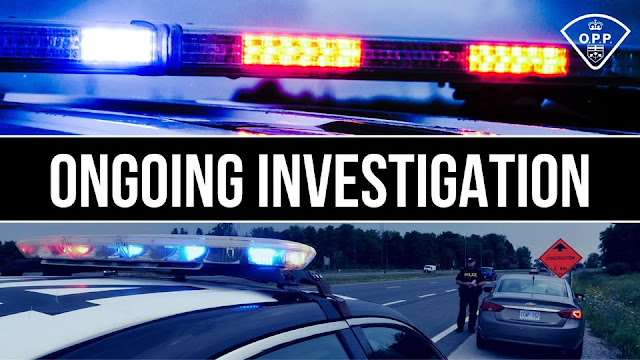The city of Grand Rapids is grappling with heartbreak today following the report of a suicide that has deeply affected the local community. While details remain limited out of respect for the privacy of those involved, the tragedy has sparked renewed concern about mental health struggles and the urgent need for open conversations and accessible resources.
According to initial reports, the incident occurred earlier today in or near the downtown area. Authorities have not released the individual’s name pending family notification, and they are currently conducting an investigation to confirm the circumstances surrounding the death. Emergency responders arrived promptly at the scene, but sadly, the person was pronounced dead.
News of the death spread quickly across social media, where friends, community members, and concerned residents expressed their sorrow and support. Several posts asked for sensitivity and respect, reminding the public that behind the headlines lies a grieving family and a life cut short. Others began sharing messages of solidarity, as well as contact information for suicide prevention hotlines and counseling services.
Local mental health advocates are calling the tragedy a painful reminder of the invisible battles many people face. “We have to do more to check on one another,” said one community member, who asked not to be named. “Too many people are suffering in silence, feeling alone or ashamed to reach out. We need to let people know that it’s okay to ask for help.”
Grand Rapids has taken important steps in recent years to improve mental health support, including partnerships between local nonprofits and schools, crisis intervention programs, and increased access to teletherapy. However, experts note that stigma, lack of awareness, and long waitlists remain significant barriers for those who need help.
“Tragedies like today’s are gut-wrenching,” said Dr. Alicia Mendez, a clinical psychologist in the area. “But they also remind us how vital it is to foster a culture of compassion—where we normalize asking for help and create systems that respond quickly and humanely when someone is in distress.”
In the wake of the suicide, city leaders have encouraged residents to come together and look out for one another. A candlelight vigil is being planned in remembrance, though details have not yet been finalized. Community organizations are also preparing to offer grief counseling and peer support for those directly impacted.
For many in Grand Rapids, today’s tragedy will leave lasting emotional ripples. But amid the pain, some hope it can also be a turning point—a moment to recommit to mental health awareness, connection, and care.
If you or someone you know is struggling, help is available. The National Suicide Prevention Lifeline can be reached at 988—a free, confidential support service available 24/7. In Grand Rapids, residents can also contact the Network180 crisis line at 616-336-3909, which provides immediate local mental health support.
Let this loss not be in vain. May it remind us to speak more gently, to listen more closely, and to be the bridge someone might need to keep going.




